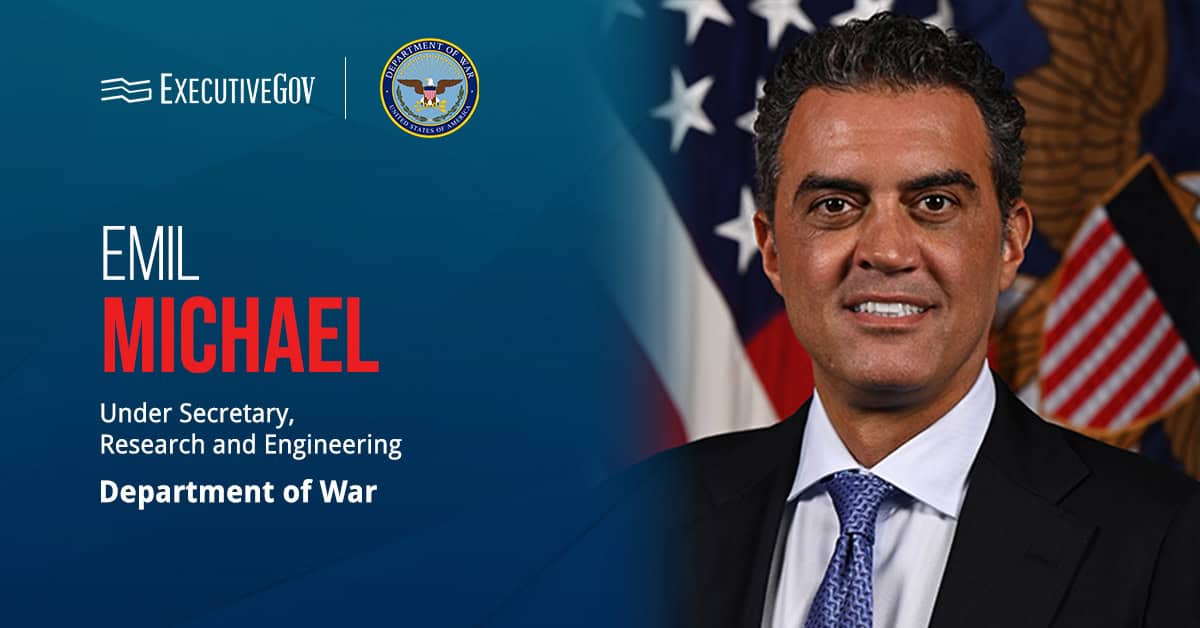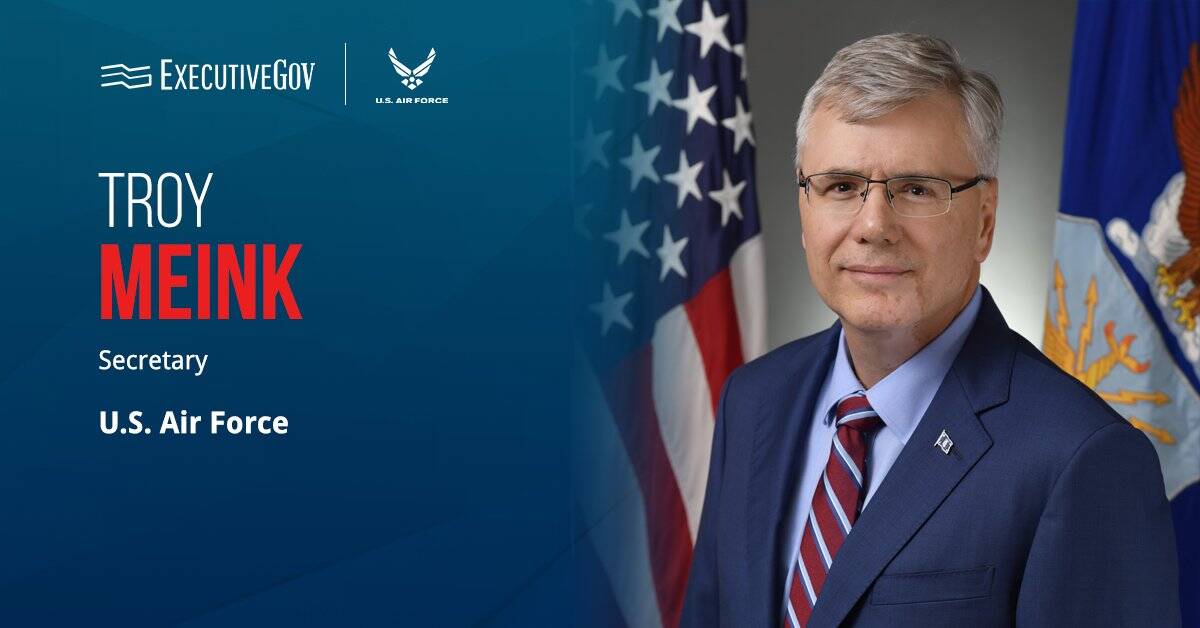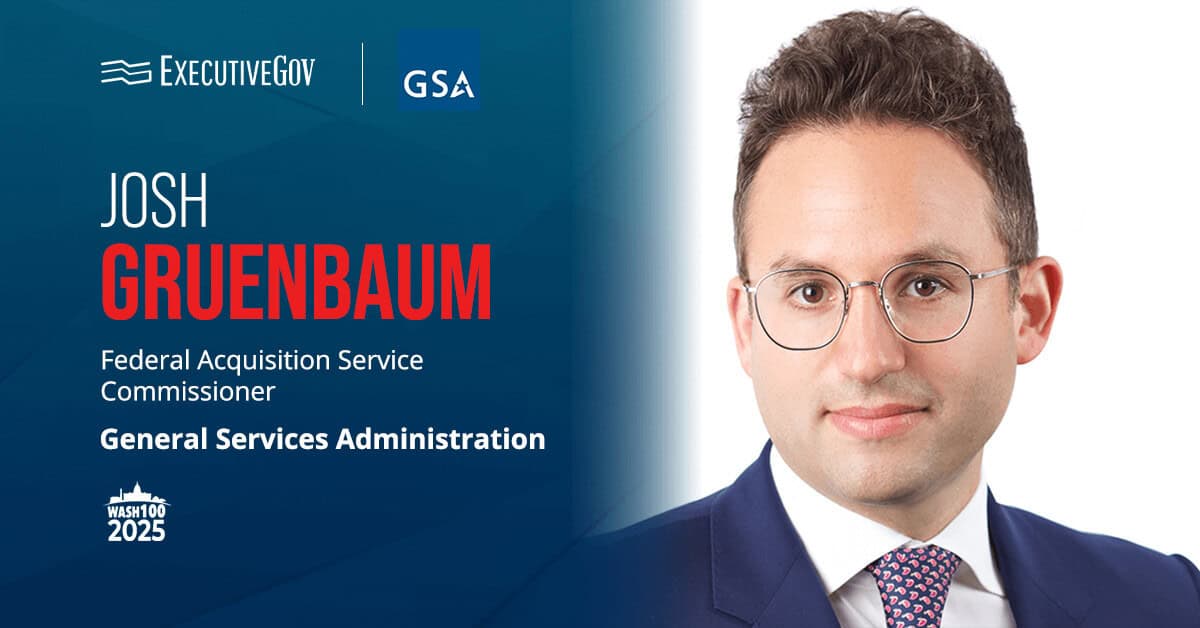Congress lifted U.S. Cyber Command's $75 million spending limit and USCYBERCOM leaders believe this action would allow for creative procurement strategies, C4ISRnet reported Wednesday.
Sharothi Pikar, the command's acquisition executive, said fully removing the procurement ceiling would allow USCYBERCOM to more flexibly address operational requirements.
She made this statement Tuesday at the Cyber Command virtual industry forum, which aimed to inform the private sector about the command's needs. Congress lifted the procurement limit through the recent National Defense Authorization Act (NDAA).
The command's newly established cyber-dedicated Program Executive Office (PEO) to manage federally funded programs, which cover programs of record, cyber national mission force capabilities and ongoing operations.





